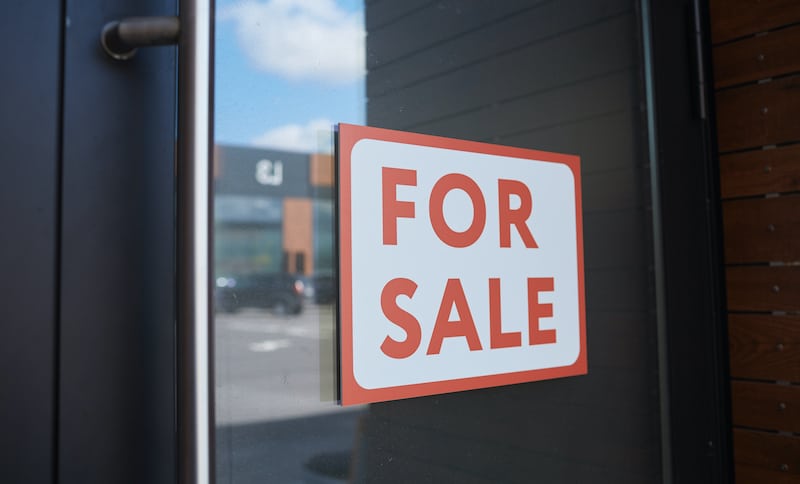Capital Gains Tax (CGT) is a form of tax on any profit (gain) you make from disposing of all or part of a business asset that has increased in value under your ownership.
You pay business CGT if you’re a self-employed sole trader or in a partnership. If you own an organisation such as a limited company, you will pay Corporation Tax on profits from selling assets instead.
You are not only charged the tax on an item you sell but also if you give it away as a gift, transfer it to someone else, swap it for something else or receive compensation for it (for instance if you have been awarded an insurance payout if it was lost or destroyed).
The gain is calculated by working out the difference between what you paid for your asset and what you sold it for, or by comparing to the current market value if it is gifted.
Because it is a form of tax, everything must be dealt with and reported on time and properly to avoid HMRC-issued penalties and fines.
Which Business Assets Can Be Taxed?
You may have to pay CGT if you dispose of:
- Land and buildings
- Fixtures and fittings
- Plant and machinery, e.g. farm equipment
- Shares
- Registered trademarks
- Your business’s reputation
- The sale of a house if it was used for home business purposes
It is only the profit amount that is taxed as opposed to the entire income. For example, if you own a piece of machinery which you bought for £10,000, and sell it on a year later for £15,000, it is the £5,000 profit you will be taxed on.
Gifting and Market Value
If you have gifted the assets, you will have to use the market value of the asset at the time of transfer to work out the change in your business finances, whether this is higher or lower than the price you paid.
You will also have to use the market value at the date of purchase if you sell an asset on to another business for less than it is worth, to help the buyer.
Any assets which were owned before April 1982 will have to be calculated at their market worth on the 31st March 1982.
HMRC will have to check the market value. After you’ve disposed of the asset, you will need to complete a ‘Post-transaction valuation check’ form.
Tax-Free Assets
You do not have to pay Capital Gains Tax on items you have gifted or sold to your spouse or civil partner, nor can you claim any losses, unless:
- You separated and did not live together at all in that tax year (6 April to 5 April the following year)
- You gave them goods for their business to sell on
No tax will be charged on items you gift to charities, either. However, you may be charged if you sell an asset to charity for:
- More than you paid for it
- Less than the market value
Tax-Free Allowance
If all of your gains for the year fall under the tax-free allowance, you do not have to pay CGT. The allowance for 2018/19 is £11,700, or £5,850 for trusts.
You may be able to apply for Entrepreneurs’ Relief, which can reduce the amount of tax you pay down to 10% from 20% if your gains are under £10 million. All property will be charged at 28%.
You can deduct certain costs of buying, selling or improving your asset from your gain, also known as allowable losses. This includes fees (such as valuation or advertising assets), costs to improve assets (but not regular repairs), or Stamp Duty Land Tax and VAT (unless you can reclaim the VAT). These costs will not go towards your annual allowance.
An allowable loss can be carried over for four tax years, so you could essentially save them all up to use in one particularly busy financial year.
How Can An Accountant Help With Capital Gains Tax?
As you have seen, CGT is quite a complicated system. It is easy to get wrong, and unfortunately, you may be penalised if you do not follow the guidelines and submit the correct information. An accountant can help you stay in the clear:
- Advice: Should you want to dispose of an asset, you could receive advice on how best to do this to avoid paying too much CGT
- Know If You Need To Pay: They can help you calculate the gain on your asset, and tell you whether you need to report the transfer and pay Capital Gains Tax
- Total Taxable Gains: An accountant can keep track of all of your asset transfers for a tax year, adding together the gains and deducting allowable losses
- Reporting And Claiming Losses: All allowable losses you are claiming have to be included in your end of year tax return, which your accountant can handle
- Post-Transaction Valuation Checks: If you gift an item and therefore need to confirm the current market value with HMRC, this can be dealt with on your behalf
- Entrepreneurs’ Relief: An accountant can help with this, from checking you are eligible to actually applying
- Shares: Should you be in a partnership rather than having sole ownership of the asset, the accountant can work out your share based on the market value and ensure the profits are equally split and declared to HMRC
- Record Keeping: The records which are used to work out your tax returns must be kept for at least six years after the due deadline. Receipts, bills and invoices must be held too. An accountant could offer software which will help store this documentation


